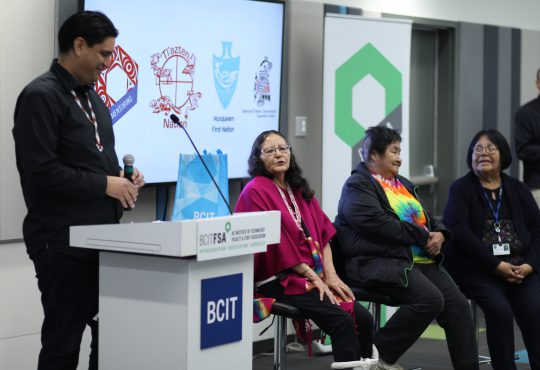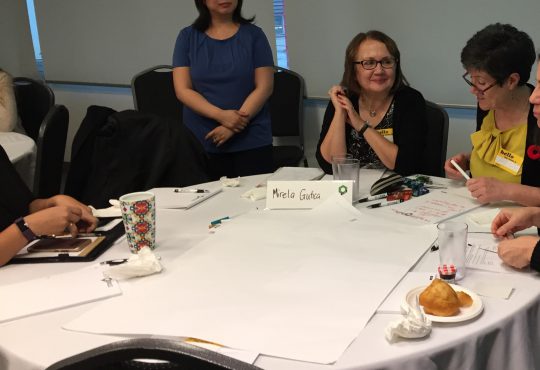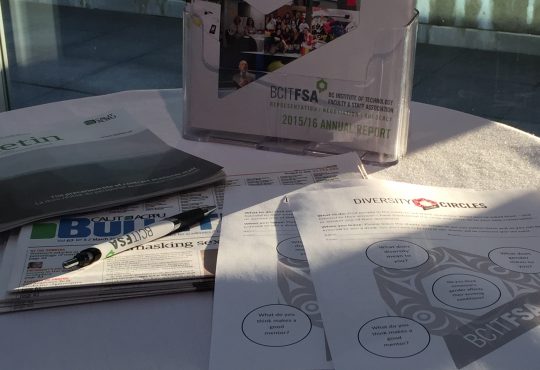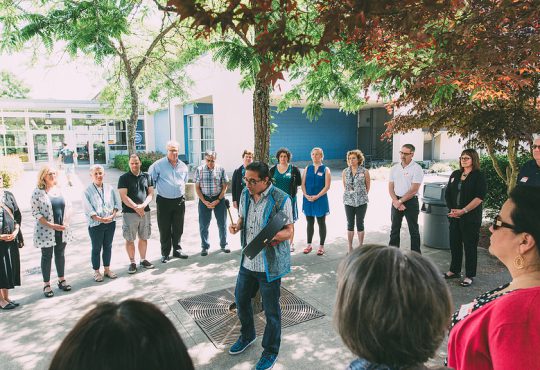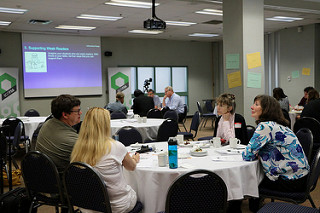ABOUT THIS EVENT
Creating equitable and caring classrooms involves recognizing that an individual’s past and present experiences can affect their learning, especially those who have experienced trauma, as they have unique needs. This session equips educators and administrators with the tools to foster an environment of trust, collaboration, and empowerment.
At the end of the session, participants will be able to:
- Describe the impact of trauma on learning in post-secondary environments
- Understand what trauma-informed practice is, and how to proactively create a trauma-informed climate
- List examples of healthy boundary setting when recognizing and working with students who have been exposed to trauma
- Identify 1 to 3 strategies for applying trauma-informed practices
Special Guests
Amea Wilbur Ed.D (she/her) is an Assistant Professor in Adult Education at the University of the Fraser Valley and worked in the settlement sector for many years in Vancouver. Her research interests include migration, storytelling, trauma informed pedagogy and decolonization. She is one of the editors of a compilation of stories of newcomers to Canada Geographies of the Heart that will be published in Spring 2024 by UBC Press.
Dr. Brianna Strumm, PhD (she/her) is an Assistant Professor in the School of Social Work and Human Services at the University of the Fraser Valley. She has been a registered social worker for nearly 20 years, and a post-secondary educator since 2011. Her practice experience ranges from individual counseling to therapeutic group facilitation to leading diverse teams and projects. Her current scholarship includes community development in Canada, exploring women’s experiences of migration, and trauma-informed teaching.
Register Now
Register below for this in-person event.
Refreshments will be provided.
ASL interpretation will be provided. Please let us know if you have any additional needs to participate. This session is open to all members of the BCIT student, staff, faculty, and internal partner (e.g. student association, alumni association) community.
Expectations for Behaviour
Diversity Circles, as part of the BCIT Respect, Diversity, and Inclusion (RDI) Office, has outlined the Expectations for Behaviour for our events and initiatives.
Diversity Circles has always benefitted from the empathy, sincerity, and respectful curiosity of our community, and this has helped create events and initiatives where we hold productive and authentic discussions, advancing our knowledge and utilization of equity, diversity, and inclusion principles.
As our events and initiatives continue to reach out to diverse audiences which include BCIT employees, students, and partners (BCIT Student Association, BCIT Alumni Association, and industry guests), and as we have moved towards presenting events both in person and via teleconferencing platforms, we realize that having a set of expectations for behaviour will help maintain the accountable, respectful spaces our community has come to expect from Diversity Circles events and initiatives.
Please take the time to review our Expectations for Behaviour prior to your upcoming participation.


